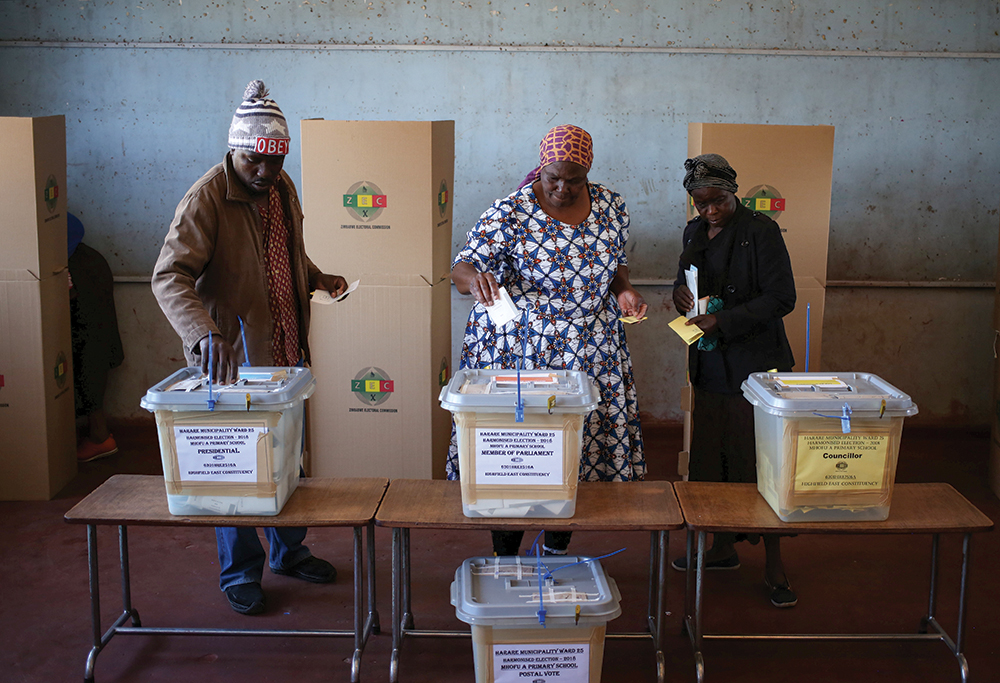Academic Dr Wayne Malinga has urged political parties in Zimbabwe to produce manifestos that will lead to the formulation of policies that address the challenges faced by people.
He was speaking on This Morning on Asakhe, a Twitter Spaces programme run by CITE, explaining the relationship between political manifestos and policies.
“Manifestos are statements of intent,” said Dr Malinga. “They speak to issues that political players seek to address while they campaign, informing people of promises being made. Policies on the other hand speak to the actual issues on the ground pertaining to people’s livelihoods, which need to be addressed.”
The two major political parties, Zanu PF and the Citizens Coalition for Change (CCC) are yet to unveil their manifestos with elections less than a month away.
Dr Malinga also pointed out that there is often a disconnect between manifestos and policies, as policies are not consistently implemented.
“This is why in Zimbabwe we find that most of our policies remain a pile of papers, there is no follow-up action or implementation,” he said.
Dr Malinga said that manifestos should be realistic and relatable to the people.
“They should reflect the challenges that people are facing and that they should be achievable,” he said. “They also need to have both short-term and long-term goals.”
“Whenever someone wants to be voted into power, there is a need to represent the interest of your constituency,” said Dr Malinga.
“Campaigns will always have promises, but can those promises be fulfilled? Are they policy oriented? Are they realistic? Do they reflect the challenges being faced by the people?”
“Politicians should thus sell visions that are reality so that people can buy the ideas being sold to them,” he said.

